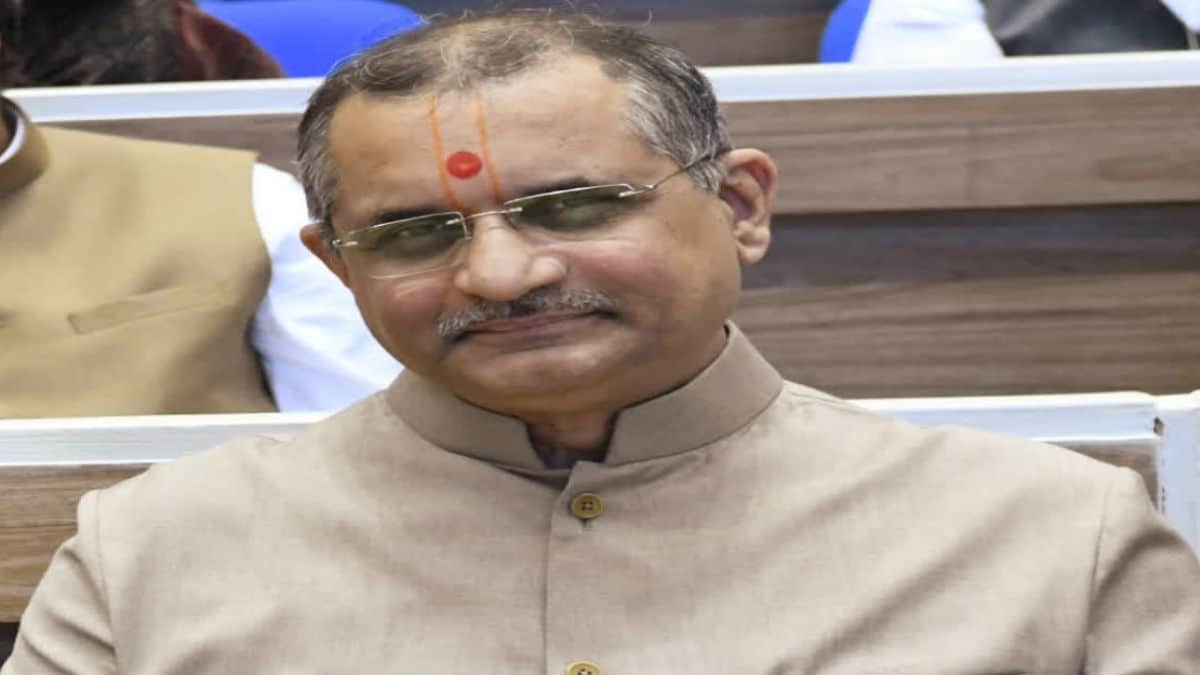In a surprising turn of events, UPSC Chairman Manoj Soni has tendered his resignation citing personal reasons. However, the Department of Personnel and Training (DoPT) has yet to formally accept his resignation, leaving the future of his role in limbo. This development comes at a particularly tense time for the Union Public Service Commission (UPSC), which is currently in the spotlight due to the ongoing case of IAS officer Pooja Dedhkar.
Pooja Dedhkar, an IAS officer of the 2019 batch, has been at the centre of a high-profile controversy that has stirred considerable debate across political and public spheres. The issue began when Dedhkar filed a complaint alleging unfair treatment and procedural anomalies in her recent transfer orders. She has claimed that her transfer was politically motivated and intended to obstruct her efforts to address state administration corruption.
The timing of Soni’s resignation is particularly noteworthy. While Soni has attributed his decision to personal reasons, many speculate that the resignation is a strategic move influenced by the intensifying scrutiny surrounding Dedhkar’s case. Observers argue that the unresolved status of Soni’s resignation could impact ongoing investigations and the Commission’s response to Dedhkar’s allegations.
In response to Dedhkar’s complaint, the UPSC has initiated a preliminary inquiry to investigate the claims of procedural irregularities. However, the process has been marred by delays and accusations of bias, with critics questioning the Commission’s commitment to a fair and impartial review.
As the DoPT deliberates on Soni’s resignation, the fate of Pooja Dedhkar’s case hangs in the balance. The delay in accepting the resignation may either delay the resolution of her issues or, conversely, signal a potential shift in how the UPSC will handle internal disputes and allegations of political interference.
The coming weeks will be crucial in determining both the future of UPSC’s leadership and the outcome of Pooja Dedhkar’s contentious case. Stakeholders and the public will be watching closely to see how these developments unfold.

